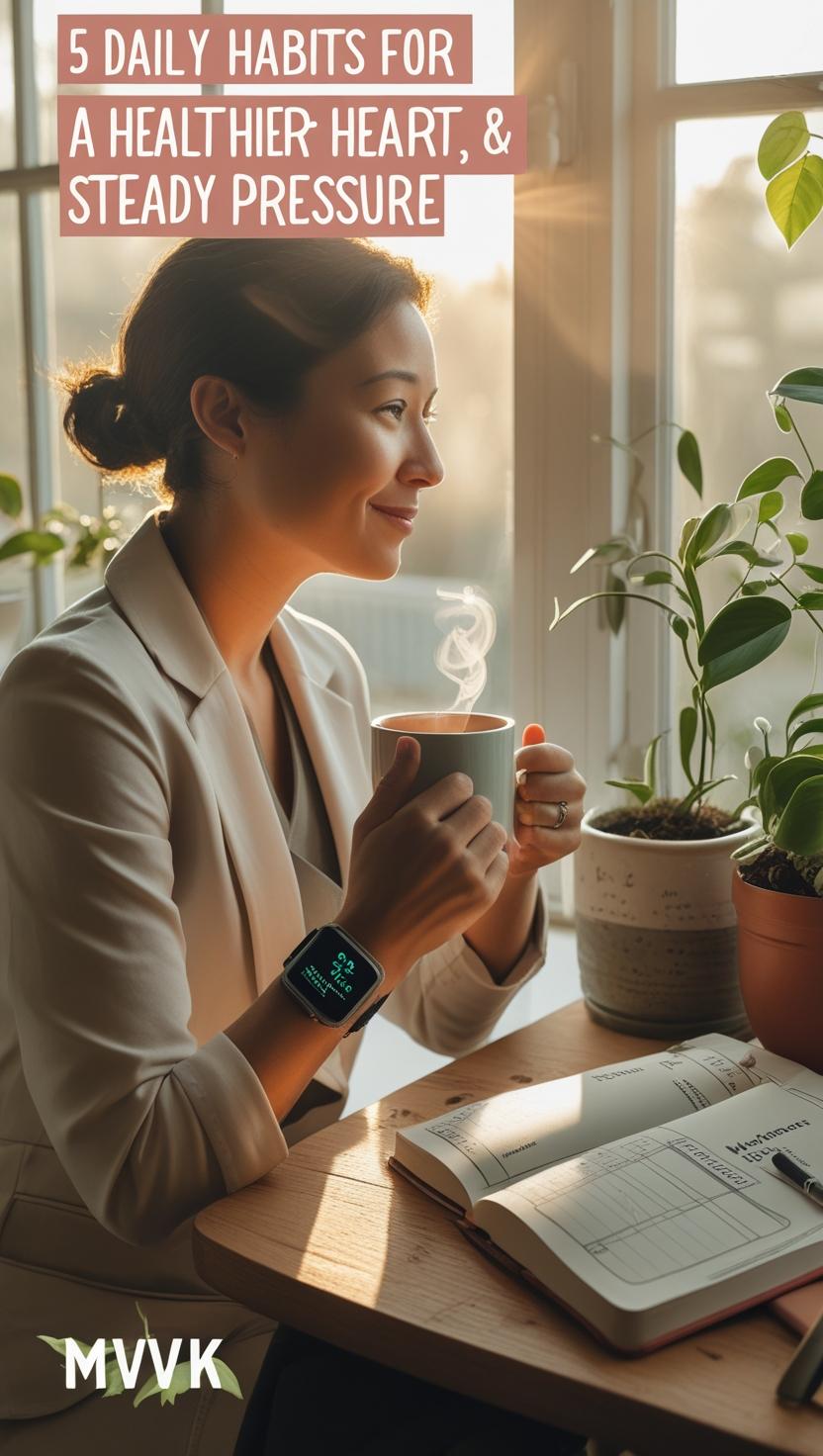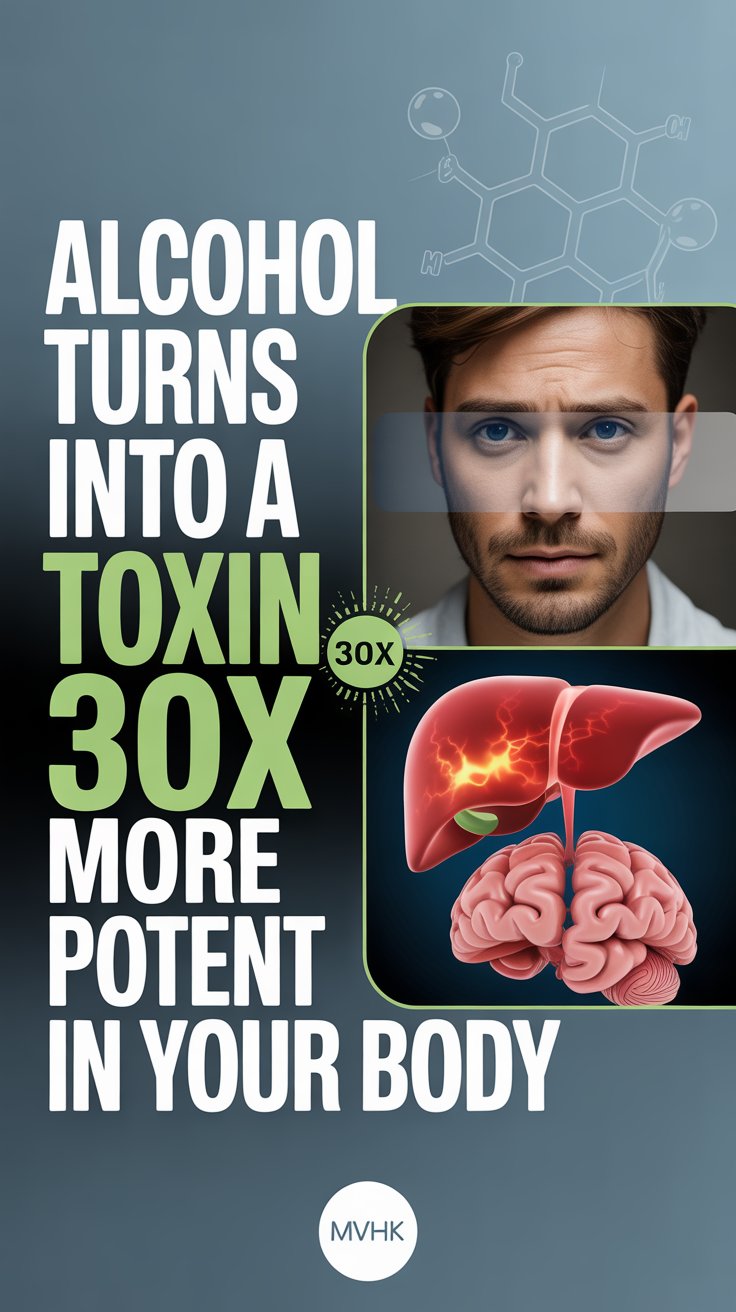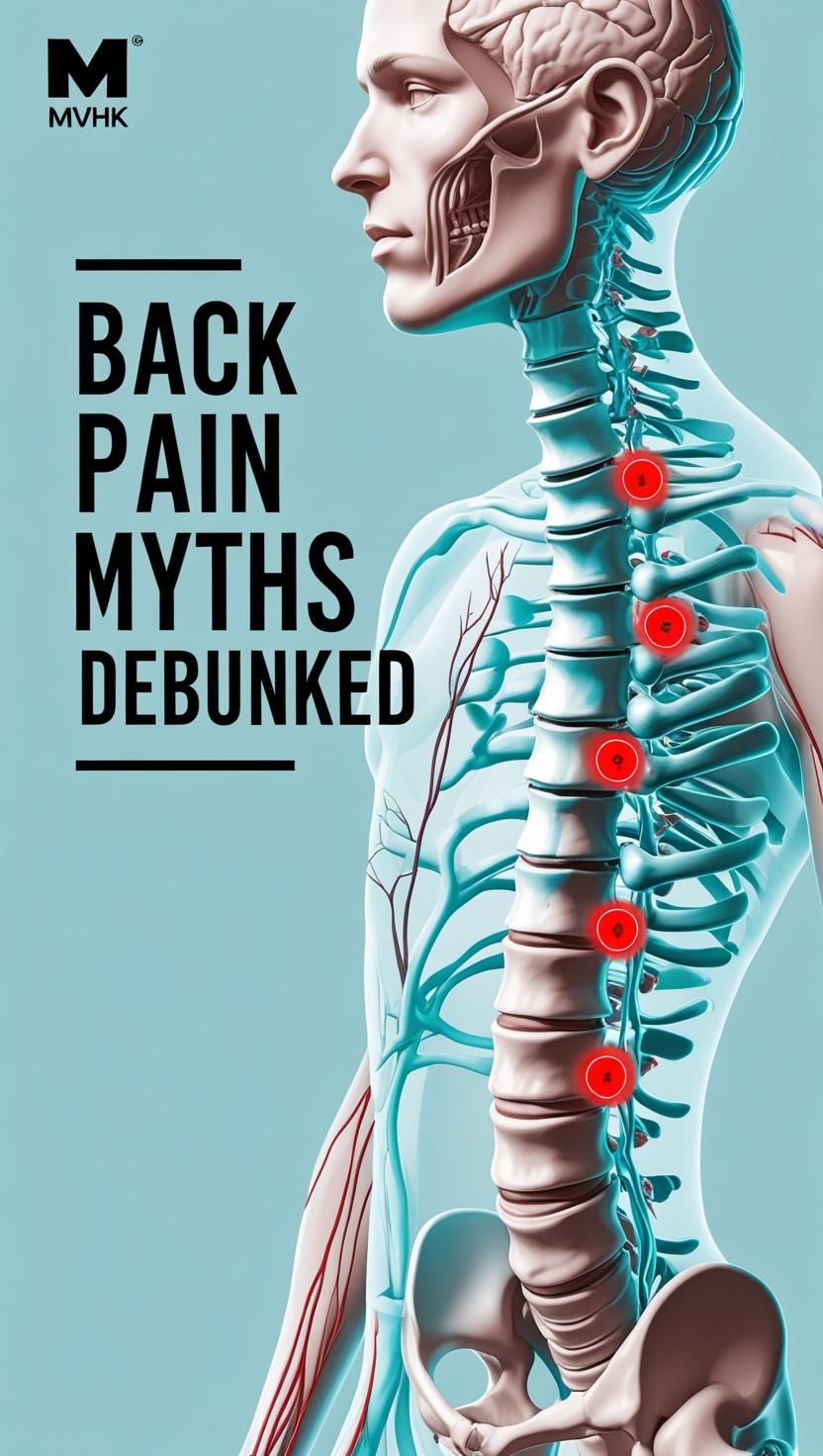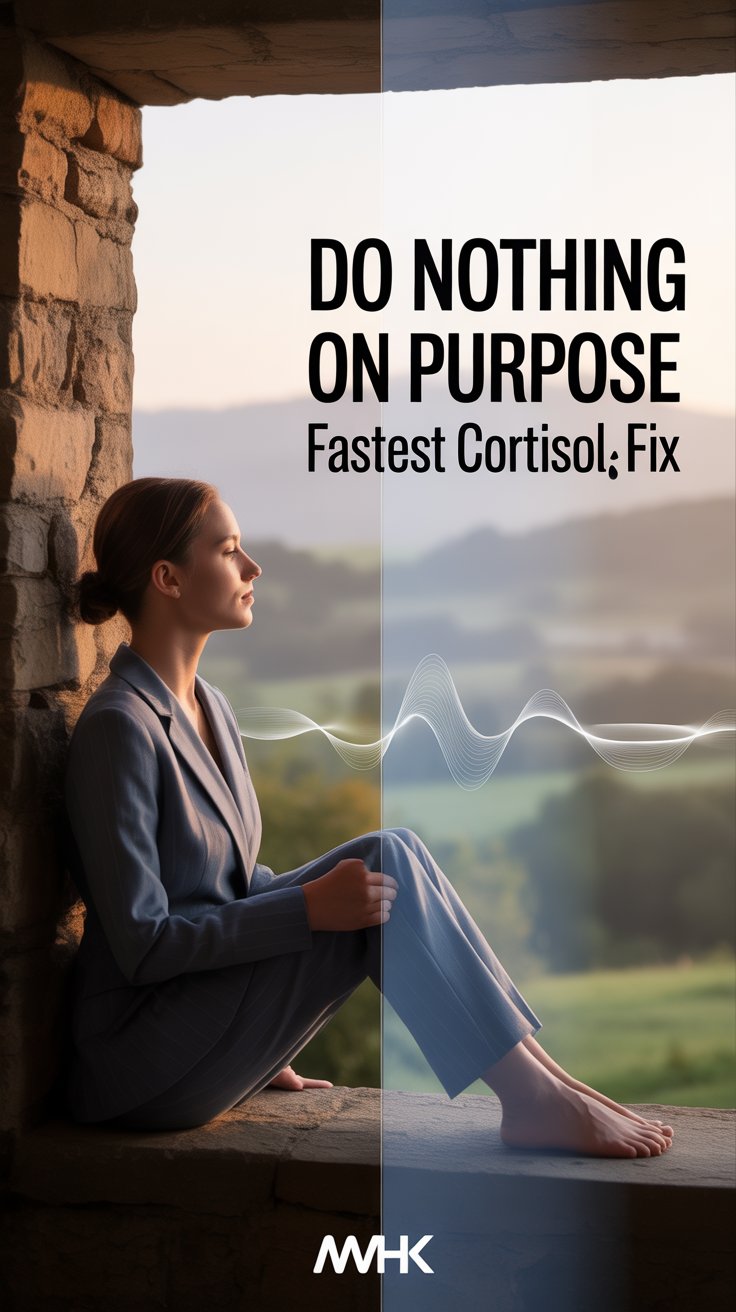Hot Tea Can Burn More Than Your Tongue: The Hidden Cancer Risk
1️⃣ Healthy Habits, Hidden Dangers
The Myth of “All Tea is Good Tea”
Tea has long enjoyed a reputation as a health elixir. From antioxidants to calming properties, it’s earned a sacred spot in wellness routines—especially among busy professionals. But drinking tea at very high temperatures introduces a serious risk: esophageal cancer. This myth-busting fact undermines a commonly held belief that all tea is good tea, regardless of how it’s consumed.
A study published by the National Cancer Institute revealed that those who drank “burning-hot” tea while also consuming alcohol or smoking had a hazard ratio of 5.00 for esophageal cancer, compared to those who drank tea less than weekly and didn’t drink heavily. [source]
Health Halo Effect—And How It Tricks Us
This is a classic case of the health halo effect—where one positive health behavior (drinking tea) causes people to overlook hidden dangers (extremely high temperature, risky pairings with alcohol or tobacco). Professionals under stress may drink tea to calm their nerves or replace coffee—but when scalding hot, the risk outweighs the benefit.
2️⃣ Science-Backed Risk: What the Numbers Really Say
Esophageal Cancer and Temperature Thresholds
Esophageal cancer is rare but deadly, and linked with chronic irritation of the esophagus lining. When you sip tea at temperatures above 65°C (149°F), you’re exposing your esophagus to a repeated thermal injury. This leads to inflammation and eventually increases cancer risk, especially in combination with alcohol or tobacco, which impair tissue recovery.
During a median follow-up of 9.2 years, 1731 cases of esophageal cancer were reported. People who drank burning-hot tea and 15g+ of alcohol daily had a 5x higher risk. Smokers who drank hot tea had a 2x higher risk than those who didn’t.
Who’s Most at Risk?
Busy professionals are uniquely vulnerable. Long workdays, coffee substitutes, social alcohol use, and stress smoking all increase risk. If you sip hot tea as a routine and also consume alcohol or smoke—even occasionally—you’re part of the high-risk demographic.
Women and men aged 30–50 were among the most affected groups in this study, particularly those in urban office environments.
3️⃣ Safer Habits Without Losing Your Tea Ritual
Sip Smarter, Not Hotter
The solution isn’t to quit tea—it’s to cool it. Wait 4–5 minutes before sipping tea fresh off the boil. Use a thermometer mug or infuser to keep temperatures under 60°C (140°F). Choose herbal teas that are brewed at lower temps, or iced teas. Pair your tea with water, and skip the alcohol and smokes when drinking it.
| Drink Habit | Risk Level | Recommended Change |
|---|---|---|
| Tea <65°C + No alcohol/smoking | Low | Continue habit |
| Tea >65°C + Occasional alcohol | Medium | Cool tea, reduce alcohol |
| Tea >65°C + Alcohol + Smoking | High | Avoid hot tea or quit other habits |
Build Mindful Substitutes
- Swap late-day hot tea for a lukewarm herbal infusion.
- Practice deep breathing during tea time to preserve the relaxation effect.
- Explore cold-brewed teas, which maintain flavor without heat.
- Use insulated mugs to maintain safe temperatures longer.
🧭 Conclusion: How to Get Started Today
If you’re a tea lover juggling a demanding work life, it’s time to reevaluate how you sip. Cooling your tea isn’t just a minor change—it could dramatically reduce your cancer risk. Awareness is the first step. Start today by letting your tea cool before sipping, skipping smoking, and limiting alcohol with hot beverages. And share this myth-busting fact with friends who need it.
❓ FAQ
What is the safest temperature for drinking tea?
Below 60°C (140°F) is considered safe to avoid damaging the esophagus lining.
Is all tea risky?
Only burning-hot tea (>65°C) combined with smoking or alcohol significantly raises cancer risk.
Should I stop drinking tea?
No. You can still enjoy tea—just let it cool a few minutes before drinking and avoid combining it with risky behaviors.






